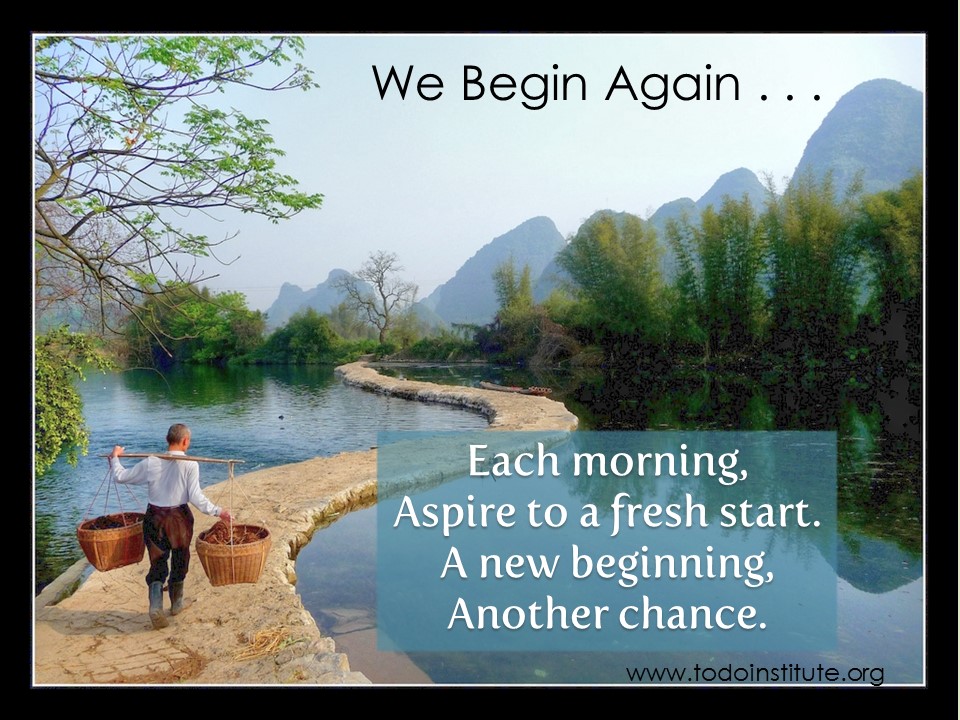Dealing with Deadlines
by Gregg Krech
“I don’t need time. I need a deadline.’
– Duke Ellington
Dan Ariely is a Duke University professor who conducted an interesting experiment about ten years ago. He set up three classes, and each had three weeks to finish three papers.
Class A had to turn in all three papers on the last day of class; Class B had to pick three different deadlines and stick to them; and Class C had to turn in one paper a week. If the papers were late, there were severe penalties to the final grade.
Which class had the best grades? Class C, the one with three specific deadlines did the best. Class B, which had to pick deadlines ahead of time but had complete freedom, did the second best, and the group whose only deadline was the last day, Class A, did the worst.
What can we learn about procrastination from this experiment?
The students who could pick any three deadlines (Group B) tended to spread themselves out. They expected that they would procrastinate, so they naturally set up different deadlines. That way, they wouldn’t be working on all three papers at the last minute. The students who had no choice at all about the deadlines (Group C), actually did slightly better. The students with no guidelines at all (Group A) tended to put off their work until the last week, for all three papers. They did the worst.
The real difference between coping with procrastination and overcoming it is . . . feelings! Most procrastination is caused by a tendency to make a decision in the present based on what we feel like doing in that moment. And if we don’t feel like doing something NOW, then we’re not likely to feel like doing it later because (are you following this?) later will just be another NOW. If you don’t feel like doing your taxes NOW, just accept that you’ll probably never feel like doing them.
The fundamental change we need is a shift from a feeling-centered approach to decisions to a purpose-centered approach. The question isn’t “What do I feel like doing?” but rather “What needs to be done?”
All the time management systems in the world won’t really help us very much until we’ve developed the capacity to make decisions based on purpose rather than feelings. And this is one of the reasons that Morita Therapy is so valuable. It teaches us how to do that. We learn that we can coexist with our feelings and take them along for the ride. We don’t fight them. We don’t fix them. We don’t transform them. We coexist with them while we move forward and take appropriate action.
(from The Art of Taking Action: Lessons from Japanese Psychology, ToDo Institute)












